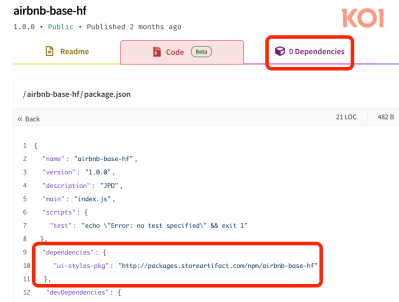Possibly the biggest privacy story of the year for Europeans and, by extension the rest of the world, has been ChatControl. Chatcontrol is a European Union proposal backed by Denmark for a mandatory backdoor in all online communications. As always with these things, it was touted as a think-of-the-children solution to online child abuse material, but as many opposed to it have warned, that concealed far more sinister possibilities. For now, it seems we can breathe easily as the Danes are reported to have formally backed away from the proposal after it was roundly condemned by the German government, sending it firmly into the political wilderness.
Hackaday readers are likely vastly more informed on this matter than many of the general public, so you’ll have no need for a primer on the obvious privacy and security concerns of such a move. From our point of view, it also suffered from the obvious flaw of being very unlikely to succeed in its stated aim. Even the most blinkered politician should understand that criminals would simply move their traffic to newly-illegal encrypted forms of communication without government backdoors. Perhaps it speaks volumes that it was the Germans who sounded its death-knell, given that state surveillance on that level is very much within living memory for many of them.
The mood in European hackerspaces has been gloomy of late on the subject, so it’s something of a cause for celebration on the continent. If only other governments on the same side of the Atlantic could understand that intrusive measures in the name of thinking of the children don’t work.
European flags: Šarūnas Burdulis, CC BY-SA 2.0 .




















